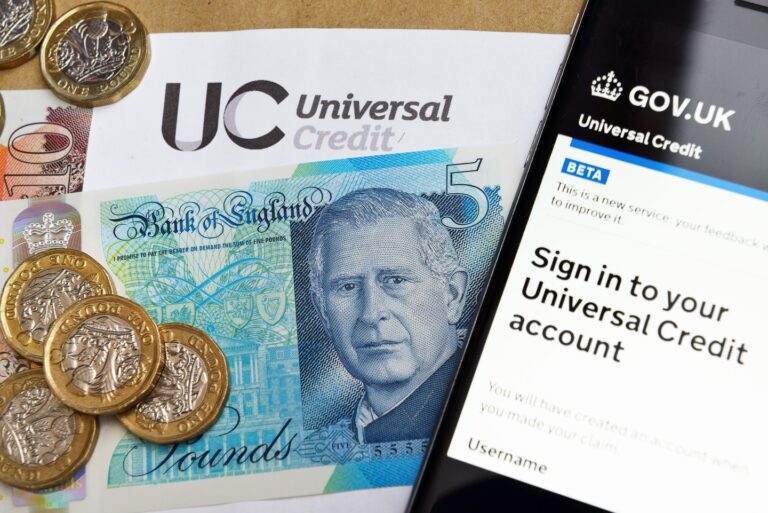
What does not wearing a cycle helmet mean for your claim?
Our specialist Adult Brain Injury team frequently represents cyclists who have sustained serious brain injuries in road traffic collisions. We know not wearing a helmet can sometimes complicate things, but it’s not the end of the story as far as a claim for compensation is concerned.
The blame game
Often, the other side might try to blame you for your injuries if you weren’t wearing a helmet. If they succeed, you might get less compensation, but it’s important to remember the ball is in their court to prove you were to blame.
Even if you’ve got a head injury and weren’t wearing a helmet, we’ve got a track record of winning these cases.
The Highway Code, science, and the law
Let’s look at what the Highway Code, science and the law say about this.
Highway Code: Rule 59 says you should wear a helmet. But guess what? It’s not a legal requirement.
Science: Most brain injuries from road collisions are “diffuse axonal injuries” (DAIs). This is when your brain’s long connecting nerves (axons) tear as your brain shifts and rotates inside the bony skull. This type of injury may not be visible on brain scanning but it can cause widespread brain damage associated with long-term disability.
What is clear from recent studies is that cycle helmets are not designed to mitigate rotational injuries and research has not shown them to be effective in doing so. Some doctors have even expressed concern that cycle helmets might make some injuries worse, by increasing rotational forces.
Law: In injury claims, you must prove the other party was at fault. But if they’re blaming you for your injuries, they must prove it. And trust us, it’s not as easy as they think to prove that not wearing a cycle helmet or not wearing fluorescent clothing is entirely to blame for your injuries.
Case study of Phethean-Hubble -v- Coles
Take the case of Phethean-Hubble -v- Coles, for example. Toby Phethean-Hubble, then 16-years-old, sustained severe brain injuries that left him unable to move as he was riding home and moved off the footway into the path of a car driven by Sam Coles, then aged 17, and who had recently passed his driving test. Toby wasn’t wearing a helmet and his bike was not displaying lights. The court heard Coles had been speeding and ruled that each party shared equal responsibility for Toby’s injuries. Toby received £5.3 million compensation, helping him to lead an independent life, pay for his care and his accommodation.
How can our specialist Adult Brain Injury Team help?
We explore every angle to ensure our clients receive maximum compensation. We’ll instruct a specialist accident reconstruction expert to analyse all the available information, including vehicle and bicycle damage, scene evidence and injury. The expert will help to determine the likely speed and movements involved in the collision and consider the limitations a cycle helmet would have had in protecting you against injuries caused by those forces.
We’ll also instruct an expert neurologist, to look at how your injuries affect you, and whether wearing a helmet would have made any difference to your injuries.
Don’t misunderstand; studies show wearing a bicycle helmet while cycling significantly reduces the risk of injury regardless of age, crash severity, or crash type, if you’re unlucky enough to be involved in a collision.
Certainly, not wearing a helmet can complicate things as far as a claim for compensation is concerned but doesn’t necessarily mean you lose your claim completely. And, if we can prove that it wouldn’t have made any difference at all, the other side will have to pay the full amount of your compensation.










